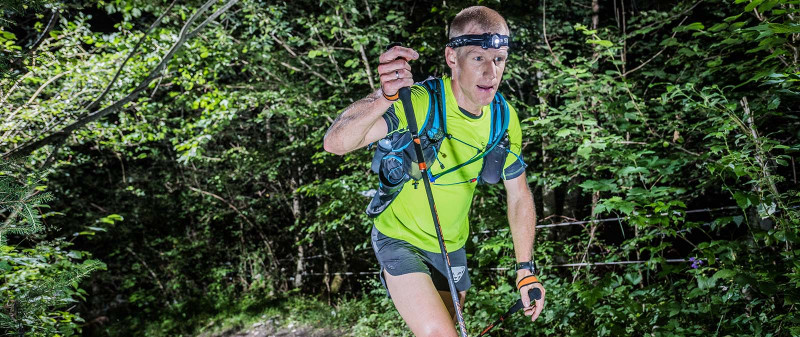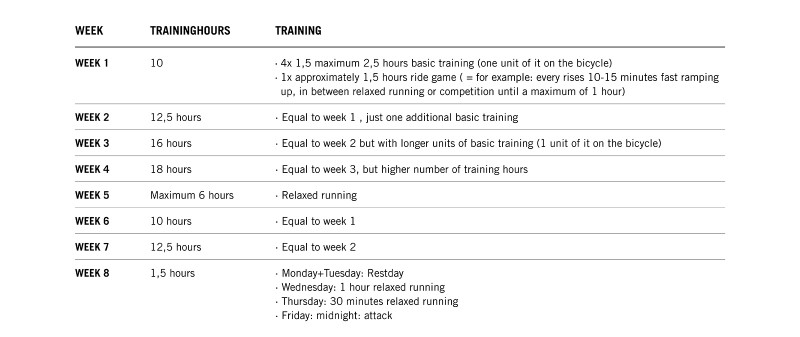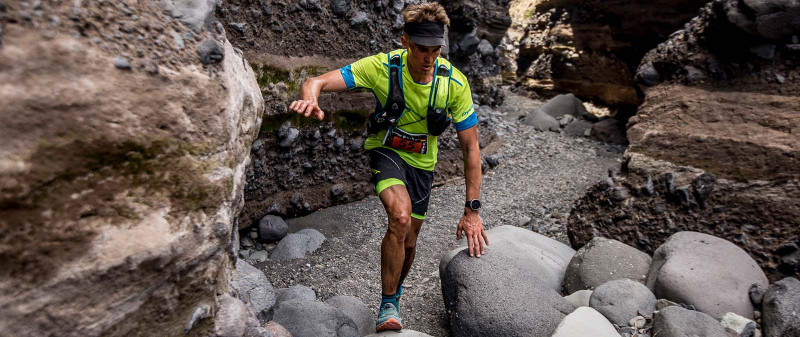Training for an Ultramarathon
Training for an Ultramarathon
The path to an ultramarathon demands a lot of discipline. When you get to the competition itself, total determination is an absolute must. Despite a bit of suffering, participating in an ultramarathon is a really special experience that you do not quickly forget. For our athlete Maria Koller, what makes an ultramarathon so attractive is the battle, surviving various moods as well as conquering her own physical limits.
But how do you become an ultrarunner and how do you prepare for your first ultra? Is there a specific training program for this? We asked our athletes and determined that there is not one single path to becoming an ultrarunner. Every athlete has his or her own “secret recipe”:
Nutrition is the most essential
Athlete – Maria Koller
For Maria Koller, physical fitness is not the only decisive factor, but also nutrition. In training, she constantly pays attention to her gut feeling. For her, there is no pre-determined break from workouts -- she trains the entire year. In the winter, she focuses on her base plus strength training; in the summer she adjusts her training around competitions. And she attempts to keep her training as varied as possible. Swimning, cycling and climbing all are part of the regular program.
Athlete – Klaus Gössweiner
For Klaus Gössweiner it is also essential to train all year long for an ultra. Some 90% of his training is spent establishing his base while 30 percent to 40 percent he does on the bike.The remaining 10% he spends training above the anaerobic threshold. Eights weeks prior to an ultra he then transitions into a special training program.
During these eight weeks, not only are his workouts specifically planned but his regular sleep and meals are too. Here is his 8-week training plan.
Recovery
Recovery plays a particular key role in preparing for an ultramarathon. Listening to your body is a must since that prescribes your recovery time. Whether in a competitive phase or preparation phase, Klaus Gössweiner and Hannes Namberger each take a maximum of two days week as a regenerative break. Maria Koller however takes even more time, particularly if she has many intense competitions on her schedule.
Athlete – Hannes Namberger
Aside from exertion and relaxation, mental preparation also plays another essential role for an ultramarathon. Whether you are a novice or pro, every runner will reach a point in an ultramarathon when the going gets tough. Muscle problems, digestion issues, blisters and much more can make a run difficult. That makes it even more important to prepare mental in training. Klaus tries to outsmart his body in competitions: “I always imagine running across the finish line and feeling the moment and the emotions when I hear the announcer.” For Maria, part of the mental preparation also consists of the anticipation of an ultra: “I get the most energy from that.”
In the last week prior to an ultramarathon is when it really gets serious! At that point, it won’t be long before you find out if the training plan was good and the mental approach worked out. What do your final days before an ultra look like? This is what Maria, Hannes and Klaus do....













